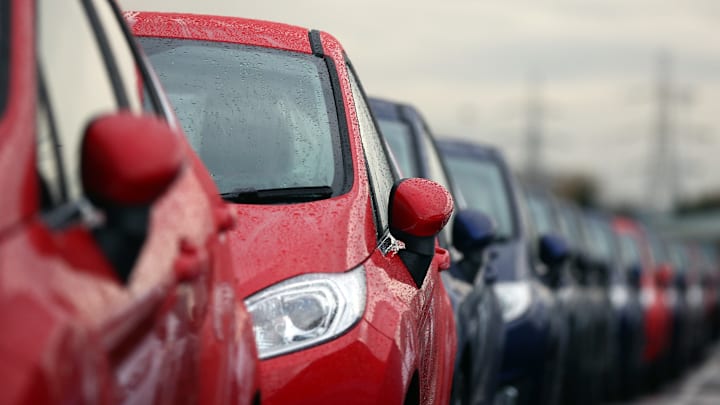Lease or Buy? Making the Best Decision for Your Next Car

Deciding whether to lease or buy your next car depends on your financial situation, driving habits, and personal preferences. Here are the pros and cons of each option to help you make the best decision:
Leasing a Car:
Pros:
- Lower Monthly Payments: Lease payments are generally lower than loan payments because you’re only paying for the car’s depreciation during the lease term.
- Newer Models: Leasing allows you to drive a new car every few years, giving you access to the latest models and technology.
- Lower Repair Costs: Most leased cars are under warranty, so you may have lower repair and maintenance costs.
- Flexibility: At the end of the lease term, you can choose to lease a new car, buy the leased car, or return it without the hassle of selling.
Cons:
- Mileage Limits: Leases often come with mileage limits, and exceeding these limits can result in significant fees.
- No Ownership: You don’t own the car at the end of the lease term, so you don’t build equity.
- Customization Restrictions: Leased cars usually cannot be customized, and you must return the car in good condition to avoid additional charges.
- Long-Term Costs: Over the long term, leasing can be more expensive than buying if you lease continuously.
Buying a Car:
Pros:
- Ownership: When you buy a car, you own it outright once the loan is paid off, allowing you to build equity.
- No Mileage Limits: There are no mileage restrictions, so you can drive as much as you want without worrying about fees.
- Customization: You can modify and customize your car to your liking without restrictions.
- Long-Term Savings: Once the loan is paid off, you can enjoy years of payment-free driving, which can save money in the long run.
Cons:
- Higher Monthly Payments: Loan payments are typically higher than lease payments because you’re financing the entire purchase price of the car.
- Depreciation: New cars depreciate quickly, and you bear the full brunt of this depreciation when you buy.
- Maintenance Costs: As the car ages, you’ll be responsible for maintenance and repair costs, which can add up over time.
- Selling Hassle: When you’re ready to upgrade, you’ll need to sell or trade in your car, which can be time-consuming and may result in a lower resale value.
Factors to Consider:
- Financial Situation: Consider your budget and whether you can afford higher monthly payments for a loan or prefer the lower payments of a lease.
- Driving Habits: If you drive a lot and are likely to exceed mileage limits, buying may be a better option.
- Personal Preferences: Decide whether you prefer the flexibility of leasing a new car every few years or the long-term savings and ownership of buying.
- Future Plans: Consider your future plans and how long you intend to keep the car. If you like to drive the latest models, leasing might be more appealing.